UB40's Ali Campbell: my top 10 crucial reggae albums
"I guess that's the thing about reggae; it's a never-ending story."
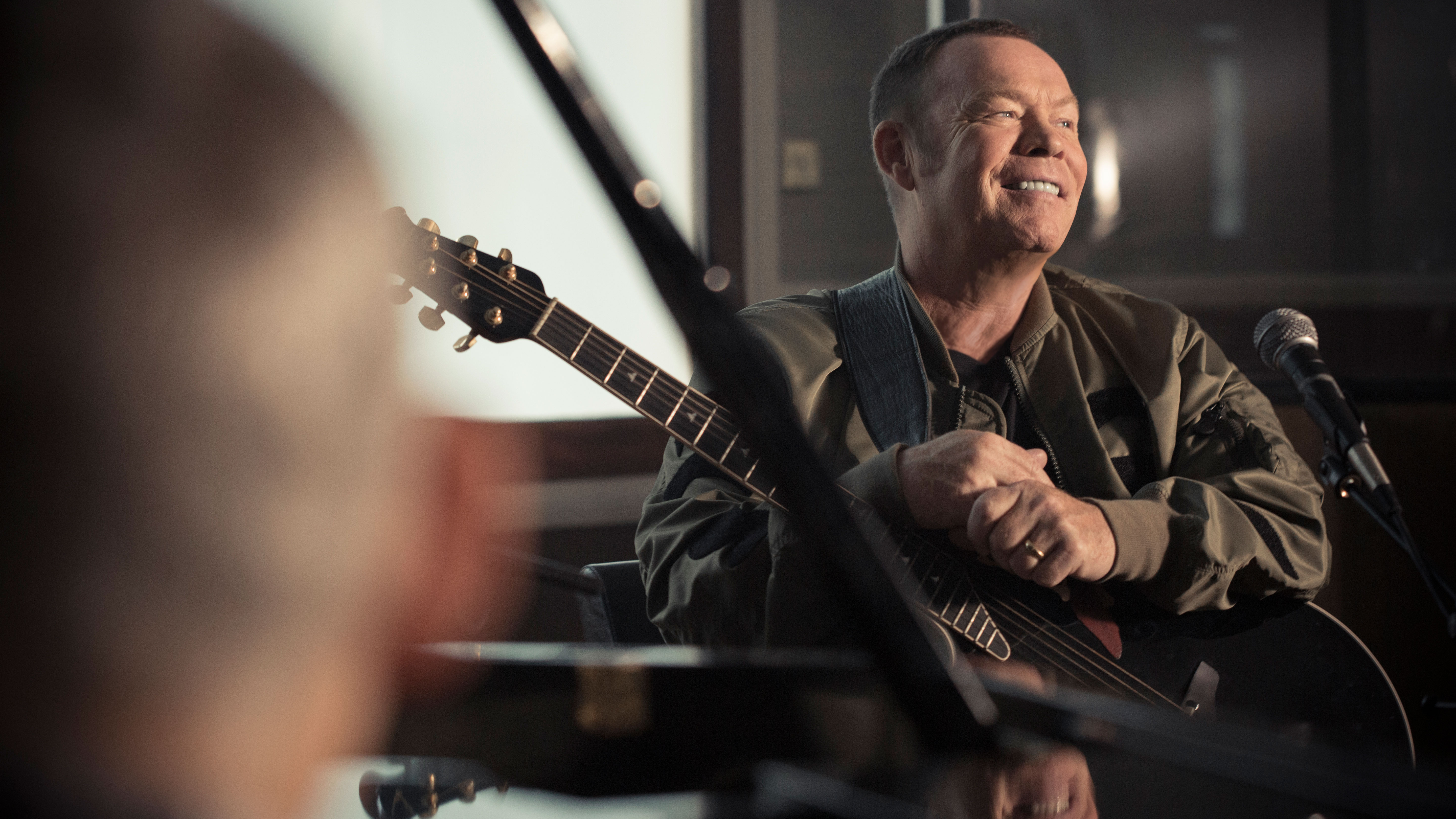
Introduction
Being a UB40 fan can get quite confusing.
Ali Campbell – for many, the face and voice of the Birmingham-based reggae stalwarts – quit the band rather dramatically in 2008. Media stories at the time seemed to suggest that he’d had a massive bust-up with both management and co-vocalist brother, Robin.
Initially, Campbell toured and recorded solo, but in 2014, he reunited with a couple of other former UB40 members, Astro and Mickey Virtue; the trio are currently touring as ‘UB40 featuring Ali, Astro and Mickey’. Meanwhile, the remaining band members continue as plain old UB40 – they recently voiced their support for Jeremy Corbyn – and are locked in a legal dispute with Ali Campbell for use of the name.
Are you with us so far?
Maybe Campbell himself can explain. “What’s that saying? You can choose your friends, but you can’t choose your family,” sighs the 57-year-old with a sad shake of his head. “My own brother is fighting me for the name and we haven’t spoken for years. Terrible, really. But I think the fans know the score and they seem to be sticking by us.
It may have started on a small island in the Caribbean, but Reggae’s become an international music.
“There’s not much more I can say... we just want to keep moving forward and keep making music.”
Although, their coffee-table 80s hits banished them to the critical hinterland, those that really know their reggae will tell you there was much more to UB40 than Red Red Wine and I Got You Babe. Tracks like Tyler (from their 1980 debut, Signing Off) and One In Ten (from 1981’s Present Arms) were as angry and insightful as anything you’ll find in that post-punk period; the band also introduced dub into the UK mainstream with an experimental remix of Present Arms.
Backfired
“We’d been listening to King Tubby and Lee ‘Scratch’ Perry for years,” explains Campbell, “so we thought we’d try and make a proper dub album. Unfortunately, it kind of backfired. People started returning the album in droves, complaining that there was something wrong with it. They were walking into record shops saying, ‘Half the instruments are missing and there are weird echoes all over the place’.”
While the ‘other’ UB40 were busy rubbing shoulders with Corbyn over the summer, Campbell, Astro and Virtue put together an acoustic double-album of greatest hits and will be touring with reggae legends, the Wailers.
“There has been a lot of unhappiness connected with the Wailers,” says Campbell. “We lost Bob, Peter Tosh, drummer Carlton Barrett, but I’m very proud to say that his brother [bassist] Aston ‘Family Man’ Barrett will be out there on stage for this tour.
“I guess that’s the thing about reggae; it’s a never-ending story. No matter what else happens, the music is always there... growing, evolving. It may have started on a small island in the Caribbean, but it’s become an international music. Doesn’t matter if English isn’t your first language, doesn’t matter if you don’t understand patois... everyone understand the music because that bass and those drums say more than a 1000 words ever could.”
UB40 Featuring Ali Campbell, Astro & Mickey Virtue are touring the UK next year
- Friday 19 May - Inverness, Northern Meeting Park
- Saturday 20 May - Dundee, Slessor Gardens
- Friday 26 May - Wrexham, The Racecourse Ground
- Saturday 27 May - Coventry, Butts Park Arena
- Sunday 28 May - Darlington, Northern Echo Arena
- Friday 02 June - Carlisle, Brunton Park
- Saturday 03 June - Canterbury, Spitfire Ground
- Saturday 10 June - Llanelli, Parcs Y Scarlets
- Sunday 11 June - Taunton Racecourse*
- Friday 16 June - Blackpool, Bloomfield Road
- Saturday 17 June - Newark Festival, Riverside Park
- Friday 30 June - Scarborough Open Air Theatre
- Saturday 12 August - Chelmsford City Racecourse
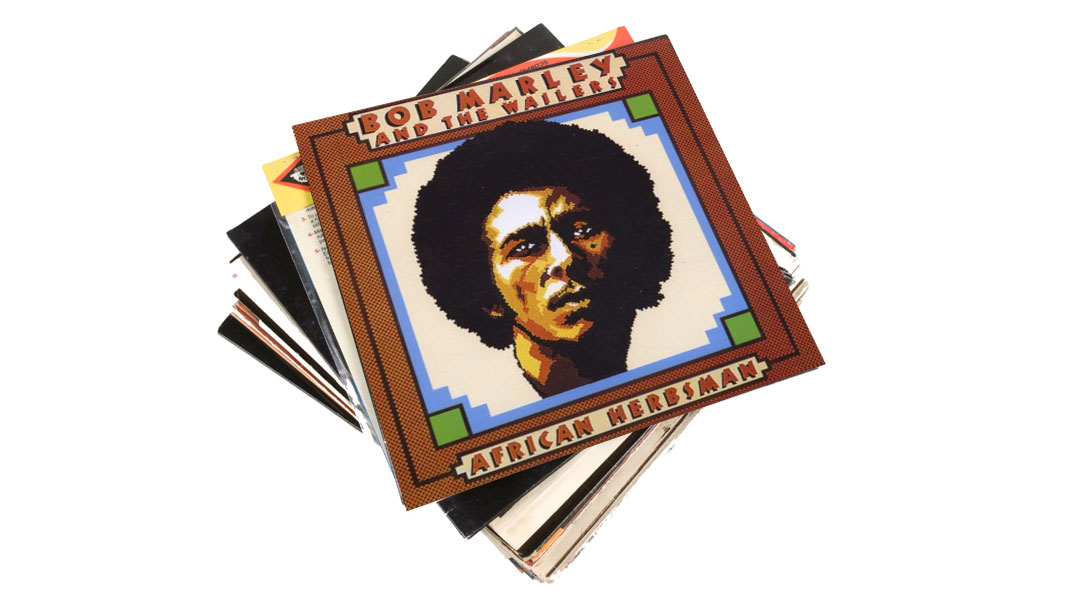
1. African Herbsman - Lee 'Scratch' Perry and the Wailers, 1973
I’ve been listening to these songs since I was about 12, but it’s not one of those albums I play constantly. It usually goes on the turntable when I’m recording... this is a ‘vibe’ album.
For me, this is where it all started. This is the point where the Barrett Brothers – Carlton on drums and ‘Family Man’ on bass – invented the sound that became modern reggae. This is where we first heard Carlton’s ‘one-drop’.
On top of all that, you’ve got the genius of Lee Perry as a producer. Not trying to do anything polished or fancy with the sound; just delivering the rawness of this fresh group of musicians. And it doesn’t stop there... there’s the beautiful voices of the Wailers and a fantastic set of songs. This is my quintessential reggae album.
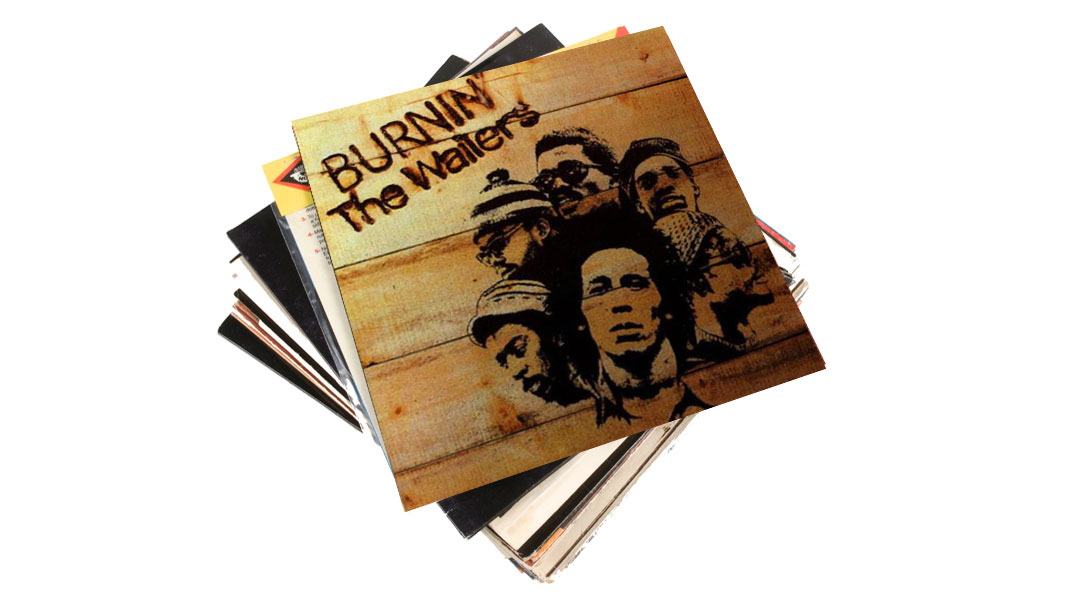
2. Burnin' - The Wailers, 1973
After African Herbsman, there was Catch a Fire, which some hardcore reggae fans had a problem with – they didn’t like Chris Blackwell’s ‘pop’ production. Looking back, now, his approach was completely understandable; he was taking reggae to a bigger audience.
This was a harder, rougher sound; the sound of rebel music. I remember sitting at home in Birmingham, looking at all the pictures on the inner sleeve and just... getting it.
Every kid I knew was listening to this album because it was the most exciting thing we’d ever heard. Just look at that list of songs: Get Up, Stand Up; I Shot the Sheriff; Burnin’ and Lootin’. Songs that went on to define what we would call reggae music.
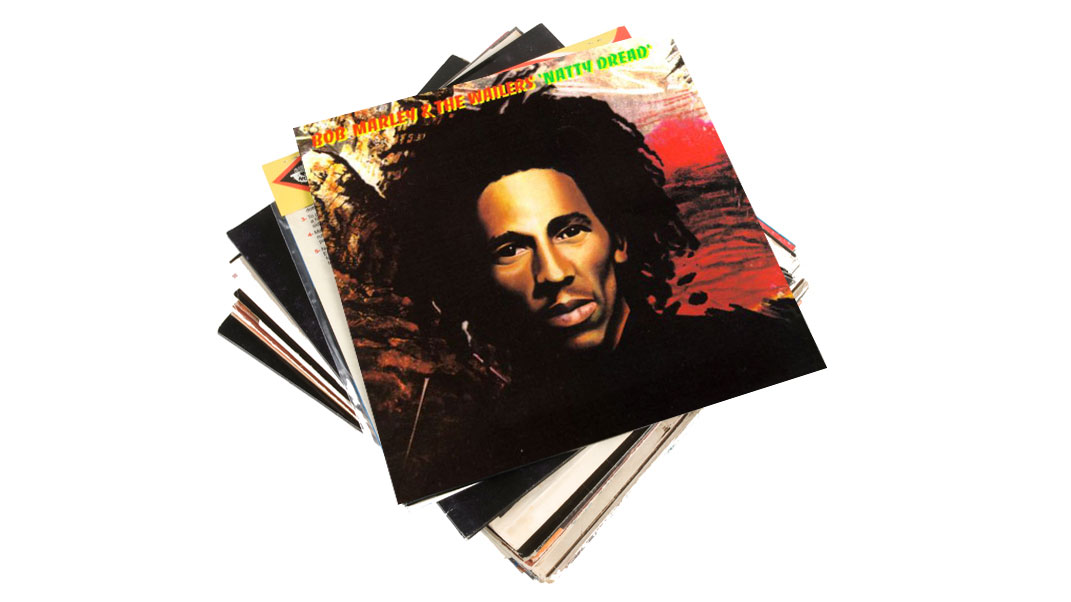
3. Natty Dread - Bob Marley and the Wailers, 1974
We’re up to 1974, now.
There’s a name change and there’s no Peter Tosh or Bunny Wailer, but the band are hitting a creative peak. I saw them at the Birmingham Odeon in 1975, when they were touring this album and it was the closest thing to a spiritual experience I have ever had.
I wasn’t just standing on the chair; I was standing on the back of the chair, balancing and trying to soak up as much of the music as I could. I walked out of the concert and I knew exactly what I was going to do with my life... play reggae music.
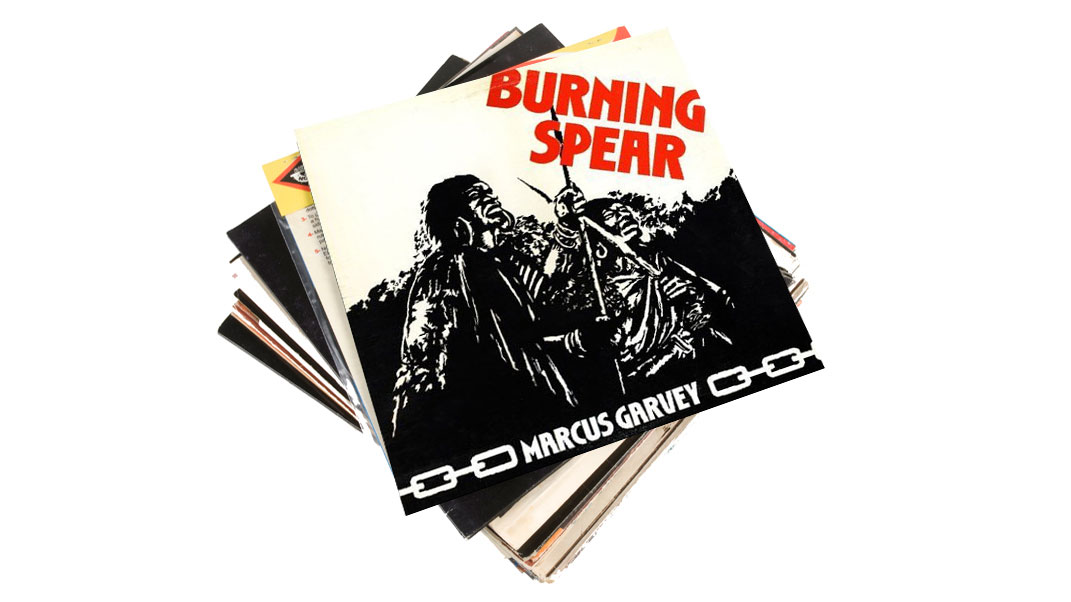
4. Marcus Garvey - Burning Spear, 1975
The band supporting the Wailers at that Birmingham date was actually Third World [who had a huge hit with a cover of the O’Jays’ Now That We’ve Found Love in 1978]. But they weren’t playing any of their own songs... they played stuff from this album.
That was the first time I’d heard tracks like Slavery Days, but then I started to dig a bit deeper and came across the great Winston Rodney, aka Burning Spear. What a voice and what a character. Even today, more than 40 years after it was first released, Slavery Days remains one of the great, great roots reggae statements.
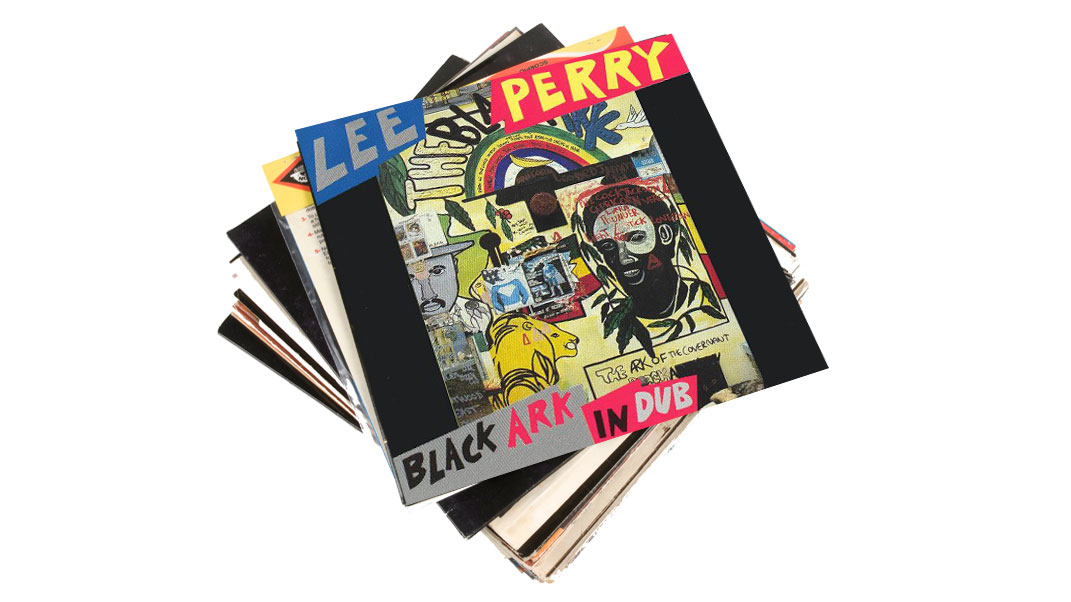
5. Black Ark in Dub - Lee 'Scratch' Perry, 1977
A lot of the soundsystems in Birmingham used to play this and, my God, the first time we heard it... like music from another planet.
It’s no surprise that bands like The Clash and John Lydon from the Pistols were listening to this because, in its own way, it was as revolutionary as what was happening in punk.
The mid-70s was a magical time for dub, but you could always tell a Lee Perry track ’cos there was that big, slow phaser floating across the drums. And they were live mixes, too.
It’s easy to knock out a dub with Logic or Pro Tools, but these guys were doing it for real. All hands on the mixing desk!
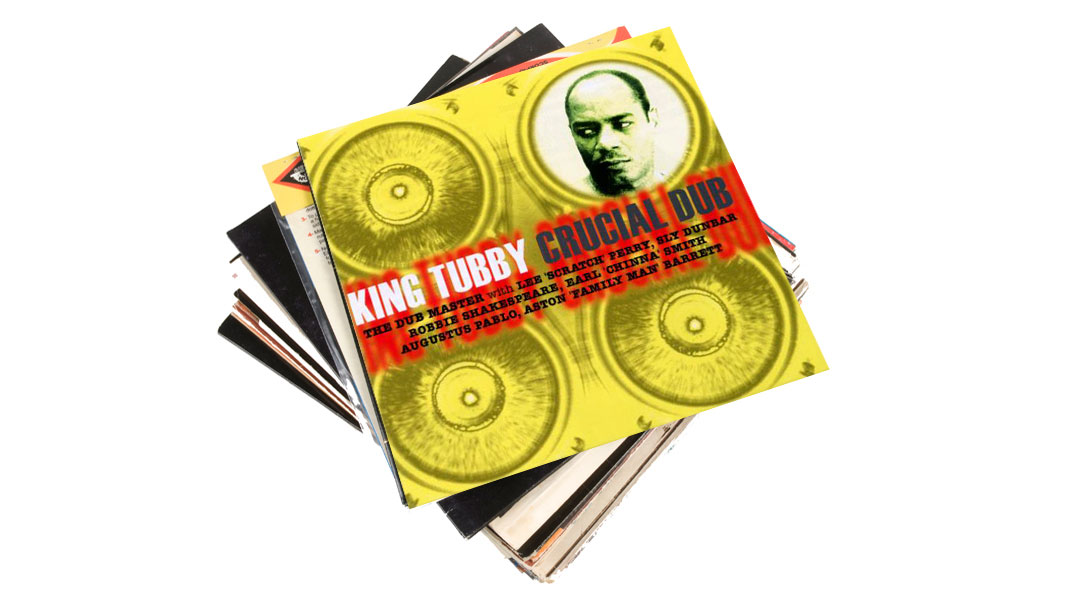
6. TBC6. Crucial Dub - King Tubby, 2000
It’s difficult to know what to say about Tubby. Along with artist like Lee Perry and Bob Marley, he was central to the development of reggae and had a massive part to play in how it sounded.
"I mean he literally had a part to play because a lot of the gear in his studio had been built by him; the sound he got was shaped by his own hands. This is one of the many compilation albums out there, but I think it’s a fantastic showcase for what he was capable of.
There’s quite a guest list, too... Lee Perry, Sly & Robbie and, of course, Augustus Pablo. If you’re after a Tubby taster, this is a great place to start.
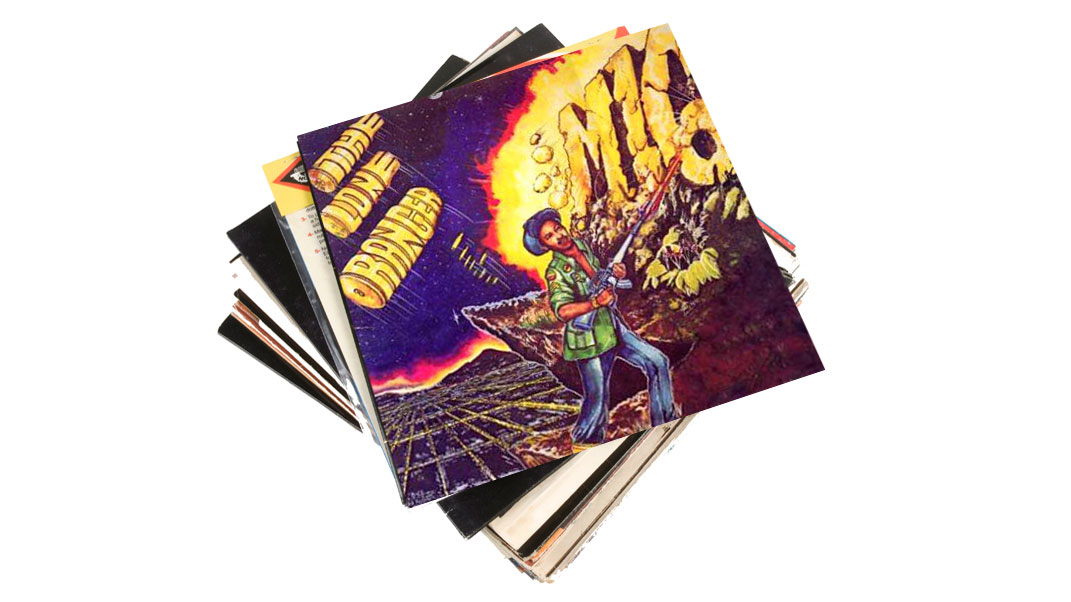
7. M16 - Lone Ranger, 1982
I can still remember where I bought this... Don Christie’s record shop in Balsall Heath. Thanks to Bob Marley, reggae had already established itself by 1982, but rather than just sit back and churn out the same sound, reggae has this constant desire to reinvent itself.
This was one of the albums that took us into a new era – a much cleaner sound and that playful lyrical delivery.
Not long after it was released, the band were sitting around discussing the music we were listening to and we realised that every member of UB40 had got this album.
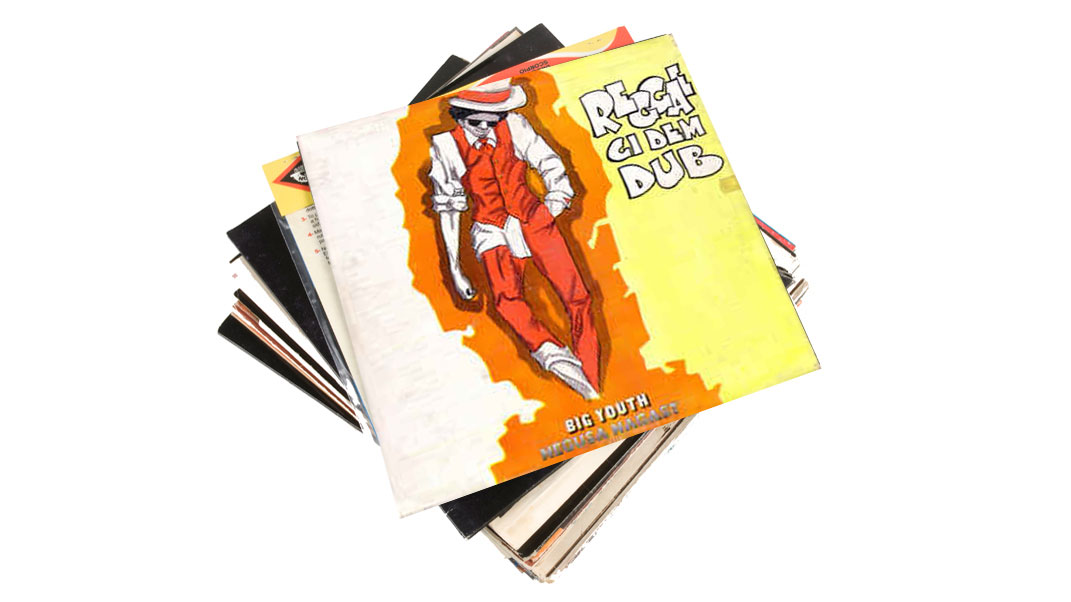
8. Reggae Gi Dem Dub - Big Youth, 1978
If there’s one album that influenced the young UB40 more than any other, it has to be this one.
As we were trying to learn our craft and struggling to work out how to make all these instruments work together, this was the album that we used as our yardstick.
If it wasn’t for this album, UB40 wouldn’t have sounded the way we did. I can still play it today and it gives me that same shiver down the spine.
Again, it was a big crossover hit... the punks were definitely listening to this and other Big Youth albums like Screaming Target.
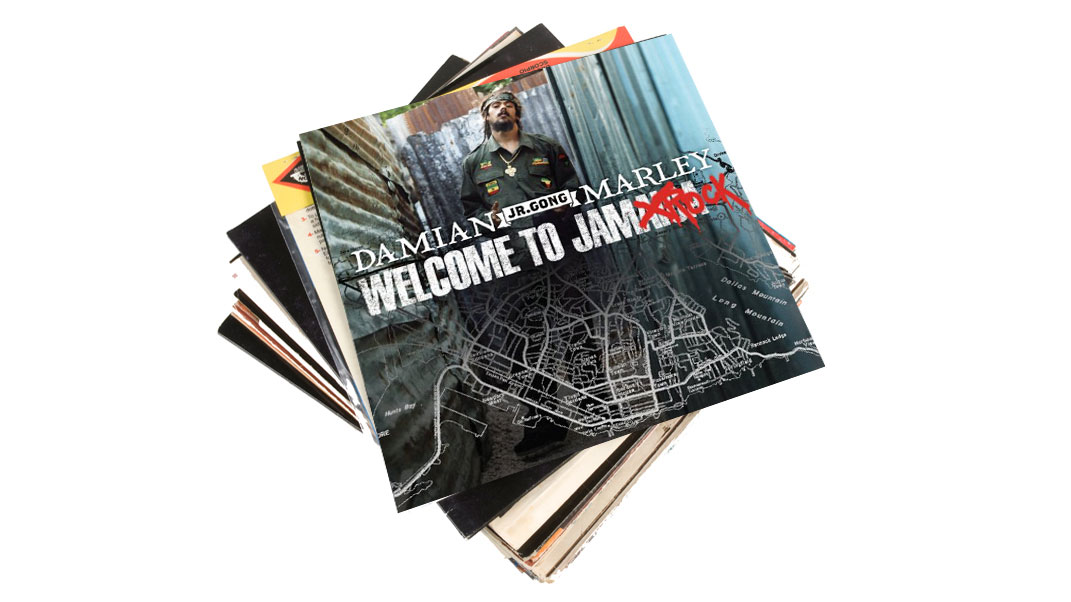
9. Welcome To Jamrock - Damian Marley, 2005
Talking about big shoes to fill! When your dad’s Bob Marley, you really are on a hiding to nothing, aren’t you. As a kid, you must sit there and think, ‘Whatever I pick as a career, make sure it’s not music!’
But fair play to Ziggy, Stephen, Julian, Damian; they’ve all tried to do their own thing with the Marley legacy. If you see Ziggy or Stephen live, it’s mainly their dad’s material, but Damian decided to do something very different.
Of course, you had some people complaining that this was rap not reggae, but I think you’ll find that reggae can cover a lot of ground. Carving out your own sound when your surname’s Marley... you gotta love Damian for that.
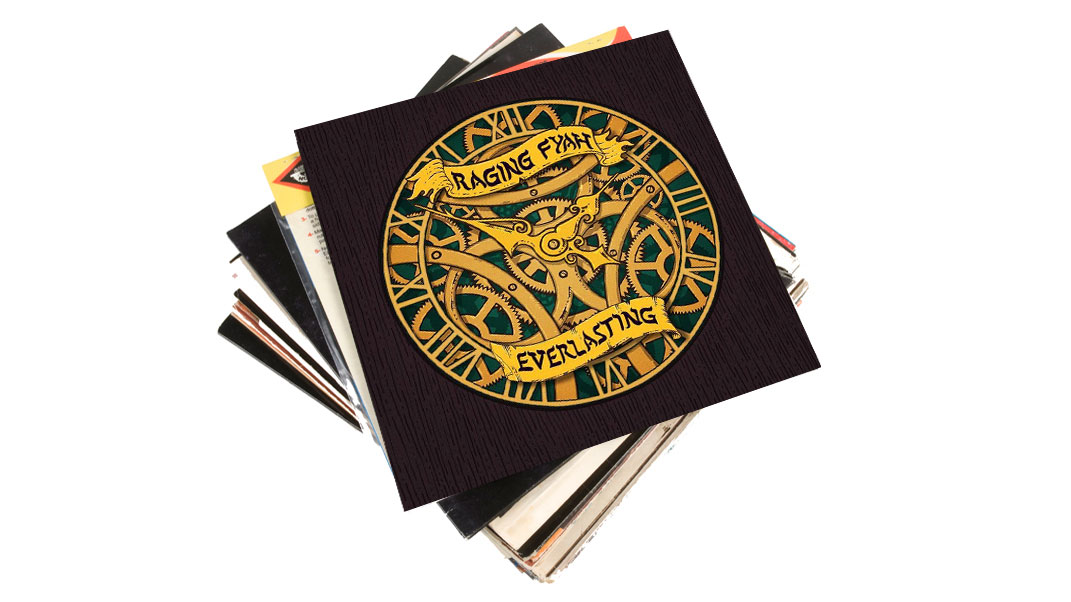
10. Everlasting - Raging Fyah, 2016
A bunch of young guys from Jamaica, doing old school, roots reggae with properly conscious lyrics. They’re coming out on tour with us and I can honestly say I haven’t been this excited about a new band for a long time.
Listening to this album almost feels like reggae has come full circle; they’re emulating the music that we all listened to in the 70s, but it has a contemporary feel and a contemporary sound.
The harmonies are sweet and silky; the production is imaginative without being gimmicky. There’s a lot of space on this album, too; a lot of room to breathe. This lot really are THE reggae band of 2017!